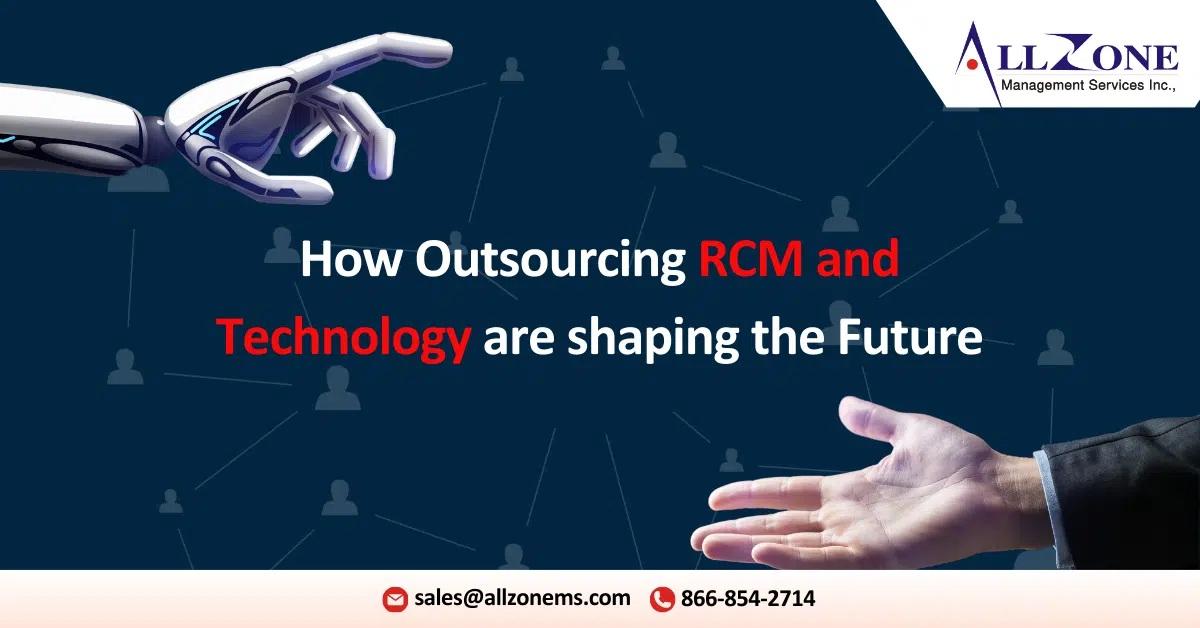The U.S. healthcare industry, marked by its global leadership in spending, faces mounting pressures due to evolving care models, supply chain disruptions, regulations, labor shortages, and rising costs. To navigate these challenges, healthcare leaders are prioritizing quality care delivery while also optimizing administrative operations, including revenue cycle management (RCM). Outsourcing RCM has become a key strategy for many providers, allowing them to streamline processes, reduce costs, and improve financial performance while focusing on patient care
Outsourcing non-clinical tasks is gaining traction as a viable solution, and technology-driven innovations are being explored to address staff shortages, streamline operations, and redefine future workflows.
Key insights and takeaways include:
Outsourcing RCM Operations:
The growing complexity of revenue cycle management (RCM) tasks, including scheduling, credentialing, patient access, and denial management, is leading to a surge in outsourcing RCM services. RCM vendors offering robust solutions are well-positioned to capitalize on this trend by providing specialized outsourcing RCM services that streamline these processes and improve overall financial performance
Technology Adoption:
Hospitals are embracing artificial intelligence (AI) and machine learning (ML) to enhance efficiency across operations. From AI-powered diagnosis to remote nursing, these technologies are revolutionizing healthcare delivery, including RCM processes.
Payor Behavior and Compliance:
Understanding payor trends, historical collection rates, and effectively managing denials are essential for optimizing revenue. Staying abreast of policy changes is crucial for maximizing ROI.
EHR System Selection:
EHR systems play a pivotal role in supporting both clinical and RCM operations. Modern EHRs offer improved interoperability, enabling better data sharing and decision-making. Healthcare providers are carefully evaluating and upgrading their EHR systems, often with guidance from RCM vendors.
AI and Generative AI:
While AI holds immense promise for alleviating administrative burdens, its primary applications currently lie in the clinical domain. Healthcare leaders are cautiously approaching AI integration, focusing on data security, quality, and measurable ROI.
Cybersecurity:
The threat of cybersecurity breaches has become a top priority. Healthcare providers are investing in data security measures, integrity protocols, and business continuity planning to mitigate risks.
Standardization:
To ensure the successful adoption of new technologies without compromising privacy, standardized protocols for handling Protected Health Information (PHI) are urgently needed. These standards must balance individual privacy concerns with data interoperability, creating a secure foundation for analytics-driven healthcare.
As the U.S. healthcare industry continues to evolve, a well-calibrated approach combining outsourcing RCM and the adoption of advanced technologies will be crucial for navigating the challenges ahead. Providers, payors, and vendors must collaborate to ensure that outsourcing revenue cycle management solutions not only address immediate operational needs but also pave the way for a more resilient healthcare system in the future.

